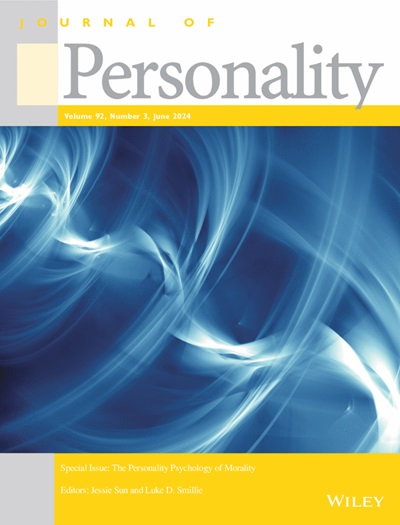The Effects of Multifaceted Introversion and Sensory Processing Sensitivity on Solitude-Seeking Behavior
Abstract
Introduction
The state of solitude may be desirable and beneficial particularly for individuals who are highly sensitive and introverted.
Methods
To test these predictions, we surveyed a nationally representative US sample of 301 adults and a sample of 99 undergraduates on their levels of sensory processing sensitivity and assessed introversion with the Big Five Inventory and the multifaceted STAR Introversion Scale. Participants then reported the frequency and duration of their volitional solitude, stress levels, and subjective well-being across 10 consecutive days.
Results
Results revealed that Social Introversion and sensitivity significantly predicted higher motivations for solitude, both self-determined and not. Thinking Introversion also predicted higher self-determined solitude, but BFI introversion showed no relationship with either motivation. Social Introversion and sensitivity predicted higher frequency of solitude in daily life and longer duration of solitary episodes; BFI Introversion and Restrained Introversion showed the opposite pattern for both outcomes. Finally, stress was positively associated with daily solitude frequency, and in turn, solitude frequency was negatively associated with same-day well-being; there were no interaction effects with personality traits.
Discussion
These findings suggest that introversion, as measured by the STAR Introversion Scale, and sensitivity contribute significantly to solitary motivation; however, solitude appears to be sought after by people in times of stress regardless of their scores on these traits.

 求助内容:
求助内容: 应助结果提醒方式:
应助结果提醒方式:


